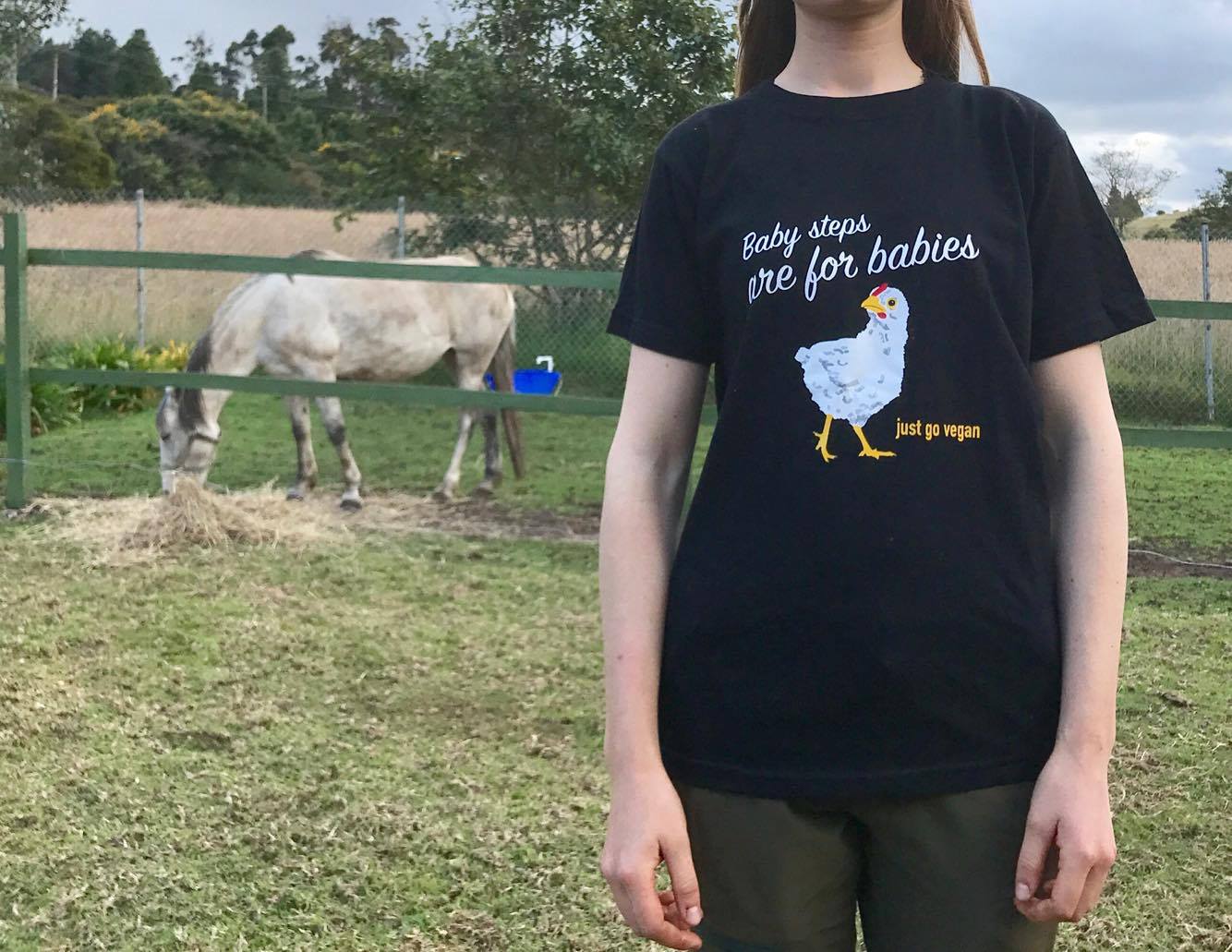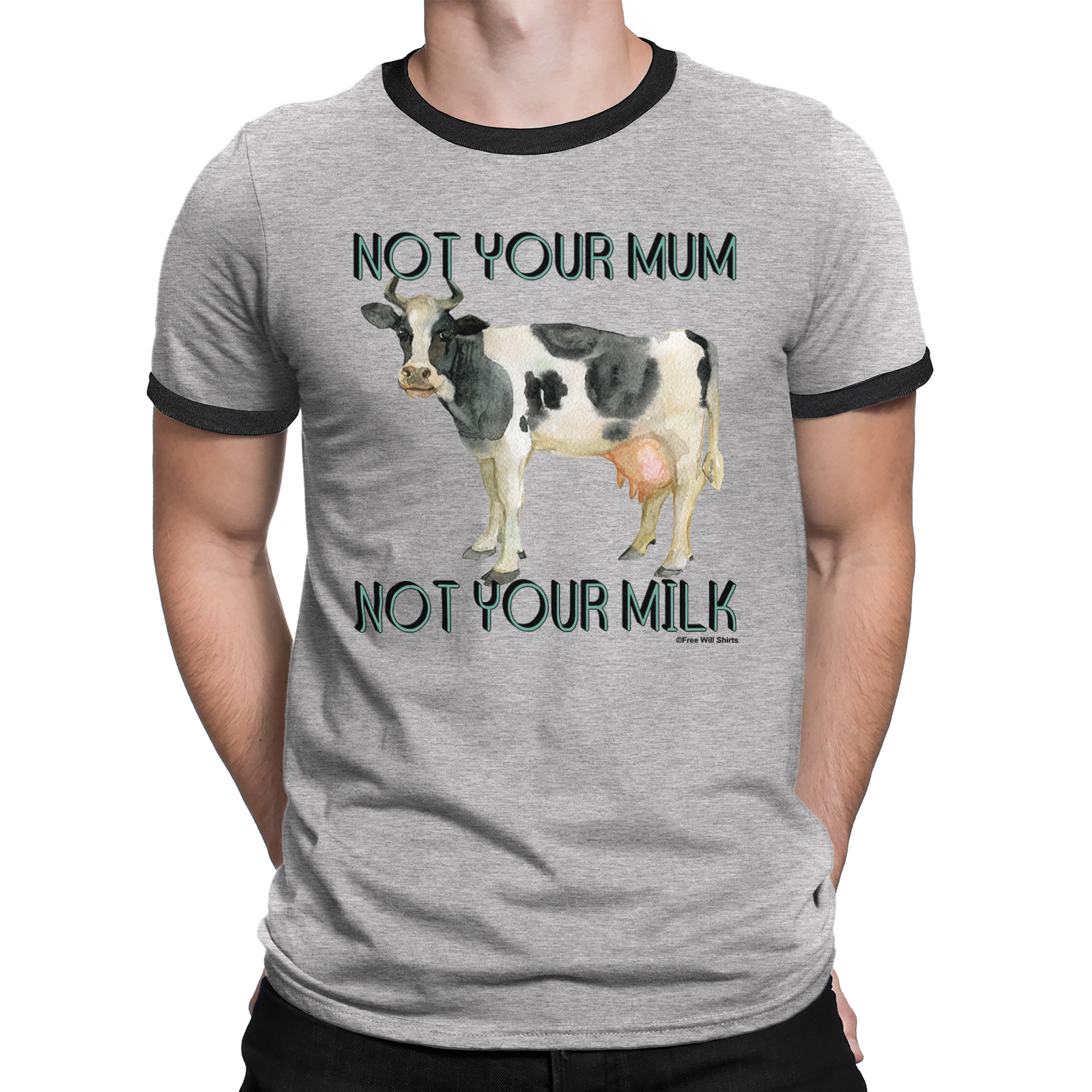Have you ever wondered how vegan is your shirt, or whether t-shirt printing is actually eco-friendly? If you didn’t, there’s nothing to worry about, as it’s not something that you think about on a daily basis. However, if you want to look further into this matter, all you have to do is keep reading.
T-Shirts Can Be Recycled Into Other Things
When you have some t-shirts that you don’t use anymore, you can always give them away to be recycled. You can compare it to a paper – a paper is made out of fibers, and can be recycled into paper for as long as the fibers are long enough. When they become too short, the paper is recycled into other things like tissues or newspapers.
You can give away the old t-shirts to a local charity. There, they will be sorted, and the ones that are still good enough will probably be either donated to those less fortunate or sold in secondhand stores. The materials from the ones that are not in good shape will be used for other purposes. According to statistics, 30% will be transformed into rags for cleaning, 20% will be used to make carpets, stuffing for car seats or insulation. Only 5% will go into waste.

Cotton Producers Use Pesticides
T-shirts made out of organic cotton might be eco-friendly, but those made out of the conventional cotton are definitely not. You might wonder – why? The main reason is that when growing cotton, the farmers use large amounts of pesticides. Furthermore, cotton is the most sprayed with chemicals crop in the world. Only in 2020, farmers spend more than 345 million US dollars on cotton pesticides, and the number is growing with each second.
No matter if the pesticides are applied correctly or not, they are still dangerous to the environment and the wildlife around the farm. According to biologists, every year, millions of birds die because of the pesticides applied to cotton farms. And when the runoff from the field is full of pesticides, it can also kill fish in the rivers and streams located in the vicinity.
But pesticides used in cotton production are harmful not only to the environment but also to the farmers and people living close to the cotton fields. Every year thousands of them die because of the exposure to the toxic chemicals. Even more experience the so-called ‘cotton flu,’ which usually lasts from two days to a week during the autumn months. People who are ill suffer from asthma attacks, headaches, tremors, and fatigue.
If you really want to help the environment, but don’t want to stop wearing cotton t-shirts, there is an alternative for you, and it’s called organic cotton. Because it’s made without the use of pesticides, it’s not as harmful to the planet as conventional cotton. As of right now, only 0.1% of manufacturers are using organic cotton to produce their clothing. Fortunately, the number is growing, with Turkey being the biggest producer on the world scale and Texas on the US scale.
The Print On Your Shirt Is Toxic
Have you ever wondered what the print on your shirt is made of? If you didn’t, maybe it’s time to do it, especially since 90% of the t-shirts printed every year are printed with plastisol ink, which can actually cause health issues. The reason behind it is that some of the substances released during the manufacturing process are not only highly toxic but, in some situations, can even cause cancer.
Moreover, phthalates, which are added to the plastisol ink to transform it from a hard plastic into a soft, malleable material, have been a subject of study due to their potential, harmful effect on the reproductive system. In humans, exposure to these substances has been linked with health problems such as changes in sex hormone levels, low sperm count and quality, and altered development of genitals. They have also been linked with obesity, preterm birth, worsening asthma symptoms, and many more.

During the printing and curing process, phthalates are released into the ecosystem and bring harm to the environment. Just like in humans, they can be the cause of infertility and reproductive problems in animals. The release of plastisol-made garments doesn’t stop once the product is printed, but it continues when the item of clothing is exposed to heat, for instance, sustained sunlight or just a high-powered dryer.
Conclusion
As you could see, some things that are used during the manufacturing process might not have a very positive impact on the environment. However, it doesn’t mean that all the t-shirts are bad. Many companies are trying to find more eco-friendly alternatives to the chemicals and materials used, such as organic cotton or water-based ink.
So now, after reading this – how vegan do you think your t-shirt is?

